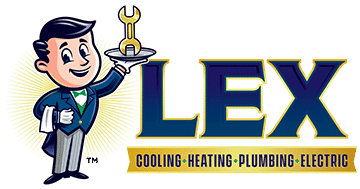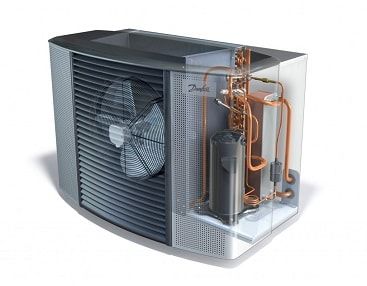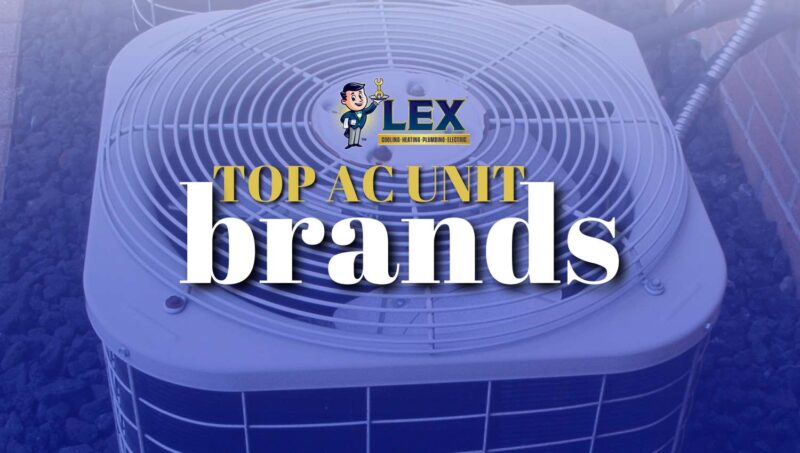Spring and Early Summer is the Perfect Time to Make a Transition
Spring and early summer, are a great time to look back at your winter heating costs, now that you can fully compare 2015’s winter with previous years. It’s also a great time to consider furnace maintenance, improvements, and even heater replacement.
In most of the U.S., gas is king as far as heating a home goes. However, not all homes were built with natural gas service to each house. In these cases, an air handler with an electric heat kit is used in heating mode. Electricity powers the heat, which is more costly than running a gas furnace which uses natural gas as fuel.
Heat Pumps with Electric Air Handlers
For those homeowners who use electric heat in their home, another option is available in warmer climates like Dallas. A heat pump is often paired with an electric heat air handler to cut down on those high energy bills that electric heat is notorious for causing. From the outside, a heat pump looks just like a typical A/C condenser that sits on the side of your house. In the summertime, it functions just as a condenser would to cool your home. However, inside of the unit, components are added at the factory to allow the same unit that cools your house in the summer to heat your house in the winter. It does both using the refrigeration cycle and becomes a compact alternative to having both a furnace and A/C unit.
It may sound counter-intuitive at first, but even during cold weather, there is still heat that can be drawn from the air outside and pumped indoors. This is possible due to the application of basic physics in the refrigeration cycle. The specifics behind this phenomenon are not important for the homeowner to know. What is important is that in areas with mild winters (like Dallas, TX) the heat pump paired with an electric heat air handler is a more economical way to heat a residence than electric resistance heating only.
If you’re building a new home without access to a gas utility company or are considering replacing your HVAC system and already live in a home without natural gas, a heat pump might be right for you. As always, there are a few pros and cons to weigh.
Pros of Heat Pumps
A heat pump is very energy-efficient and can provide savings on your monthly bill. If you currently heat with electricity, a heat pump can slice your bill almost in half, saving you as much as 30-40%.
Heat pumps are convenient since you can heat and cool your home with the same unit. Use just one machine to do both jobs. This is especially useful in moderate weather climates like Texas which have many hot days and only a few days that fall below freezing.
Safety. Unlike a gas-fired furnace that uses combustion to create a flame and heats the home, there is no risk of carbon monoxide poisoning with heat pump systems. Also, a heat pump does not produce carbon dioxide that is released into the environment. A gas furnace does produce carbon dioxide.
Cons of Heat Pumps
Heat Pumps struggle to keep up when temperatures drop far below freezing. They are much more effective in climates that rarely see temps dip below 40-32 degrees Fahrenheit. The chillier it gets, the more you may need to rely on a supplemental heating component. For this reason, an electric heat kit is needed as backup on those somewhat rare super cold days.
They have shorter life spans and more costly repairs than furnaces or central AC units. Running them constantly and using the same machine year-round may reduce your bill; however, it can also cause a lot of wear and tear on the individual parts which can be pricey to replace. Proper maintenance of your equipment can help to offset this problem.
New heat pumps require an initial investment. The initial installation of a heat pump is generally more costly than a straight A/C system. This is due to manufacturer pricing of heat pumps and also a more complicated install (in some cases) for your service contractor.
Ultimately, the mild winter temps those of us Dallasites get, make us the envy of our northerly neighbors. They also make us good candidates for energy-saving heat pumps. However, no one wants to be chilly indoors or be out tons of money for a new unit. Weighing the pros and cons, then doing some quick math can help determine if making a switch from your electric resistance heating system is right for you.












